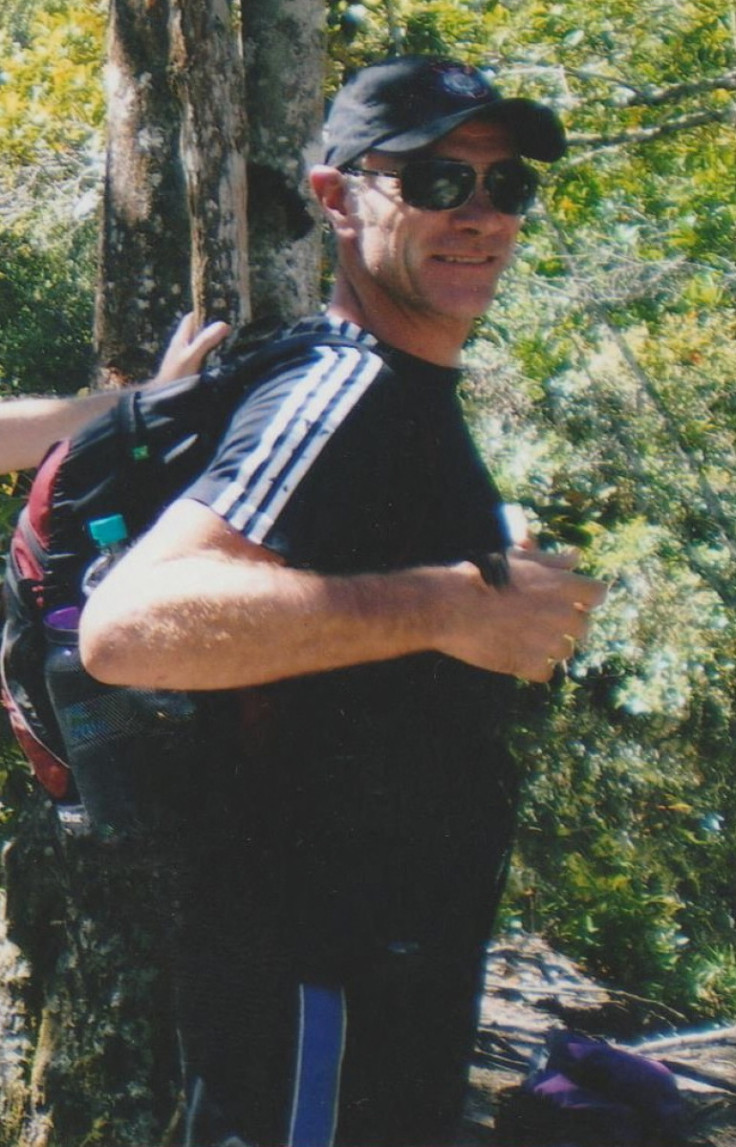Brazil Police question fishermen over missing British journalist, indigenous expert
Brazilian police investigating the disappearance of a British journalist and an indigenous expert in the Amazon rainforest have questioned a possible suspect among several fishermen known to have clashed with authorities earlier over fishing rights.

Brazilian police investigating the disappearance of a British journalist and an indigenous expert in the Amazon rainforest have questioned a possible suspect among several fishermen known to have clashed with authorities earlier over fishing rights.
Dom Phillips, a freelancer who has written for the Guardian, the Washington Post and other well known publications, was last seen on Sunday along with Bruno Pereira, a former senior official with federal indigenous agency Funai.
They had been on a reporting trip in the Javari Valley, a remote jungle area that is home to the world's largest number of uncontacted indigenous people, as well as cocaine-smuggling gangs, and illegal hunters and fishermen.
Brazil's federal government dispatched navy, army and federal police personnel to join a search for the pair in a region containing a vast indigenous reserve with an area larger than Austria.
As a former Funai official stationed there, Pereira had regularly clashed with fisherman plundering protected fishing stocks, and police said investigators were treating those escalating" tensions as a key issue.
It was uncertain whether a crime had been committed or the missing meb had become lost, Guilherme Torres, the head of the interior department of Amazonas state's civil police, told Reuters. But he said Pereira had recently received a threatening letter from a fisherman.
Several fishermen had been questioned, but only one was brought to the police stations in handcuffs, Denis Paiva, the mayor of Atalaia do Norte, told Reuters in an interview late on Tuesday. He identified the handcuffed man as Amarildo da Costa, known locally as "Pelado".
A state police detective, who asked for anonymity to discuss an ongoing probe, said da Costa was handcuffed due to previous brushes with the law over weapons violations, and said da Costa had denied breaking any laws or fishing protected stocks.
Two other fishermen - identified as "Nei" and "Caboclo" - were also being sought for questioning, the detective said.
Amazonas state police said they had interviewed five people so far: "four people as witnesses and another ... as a suspect."
Da Costa's lawyer, Ronaldo Caldas, said his client was not a suspect in the case, and said da Costa was detained because officers found an empty shotgun casing at the home where he was staying.
FEDERAL SEARCH
The disappearance of Phillips and Pereira, who both had years of experience working in the Amazon, has sparked global concern from rights groups, environmentalists, politicians and press freedom advocates.
The missing men's families have urged authorities to intensify search operations.
"Even if I don't find the love of my life alive, they have to be found, please," Phillips' wife, Alessandra Sampaio, said in an emotional television interview on Tuesday.
The Union of Indigenous Peoples of the Javari Valley (UNIVAJA), which first raised the alarm over the pair's disappearance, criticized Brazil's security forces for what it called unnecessary delays in deploying search teams.
The Navy sent a launch with men up river on Monday but they arrived after dark. The Army dispatched troops on Tuesday, sending dozens of soldiers in river boats to patrol nearby villages.
President Jair Bolsonaro, who has faced tough questioning from Phillips at news conferences about policies weakening environmental law enforcement, said the two men "were on an adventure that is not recommended."
"It could be an accident, it could be that they were executed, anything could have happened," he said. "I hope, and we pray to God, that they are found soon."
Phillips was researching a book about the Amazon and its environmental defenders. Pereira has been collaborating with UNIVAJA and other indigenous groups independently since he was removed from his role at Funai during Bolsonaro's presidency.
Copyright Thomson Reuters. All rights reserved.





















